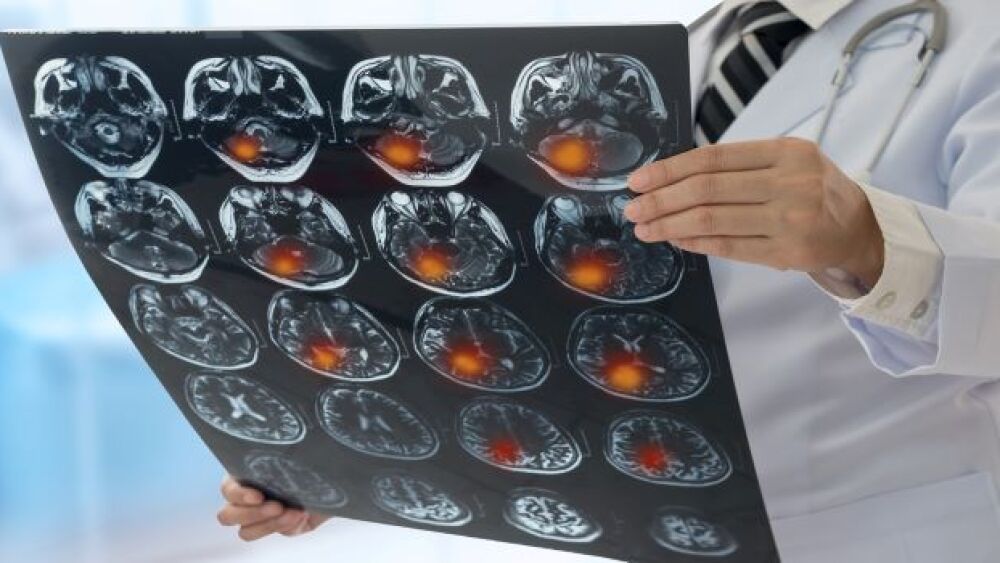Cancer research facilities are leading the way with methods that will lead to better detection of cancer metastasis, better understanding of cancer cell physiology and greater patient response.
Novel methods out of esteemed cancer research facilities are leading the way with methods that might better detect cancer metastasis, enable researchers to better understand cancer cell physiology and improve patient response to already-established immunotherapies.
Using Blood Samples to Track Cancer Metastasis
Dr. Annette Khaled, head of the University of Florida College of Medicine’s Division of Cancer Research, may have found an effective way to detect changes in cancer cell volume in blood samples.
Khaled’s study, published this week in ScienceDaily, suggests that testing for the presence of chaperonin complex is statistically more effective than traditional liquid biopsy methods. This high efficacy is attributed to the fact that, while all cells have the chaperonin complex, cancer cells have higher amounts of the complex that can be measured.
“The more chaperonin complex, the more advanced the cancer,” Khaled commented. “By using the chaperonin complex to detect cancer cells in blood, we get a warning that the cancer may be spreading. Using the chaperonin complex to detect cancer cells in blood is a unique solution for a non-invasive diagnosis.”
This new method not only has the potential for better hinting at metastasis but it can be monitored to determine whether a patient’s current treatment is effective or not. The findings stemmed from an analysis of biological samples from patients of the Orlando Health UF Cancer Center and were subsequently supported by lung cancer patient samples.
Research out of Fred Hutch Links Paralogs to Cancer
At the Berger Lab at Fred Hutchinson Cancer Center, an all-female team of researchers is pinpointing potential cancer targets by using a comprehensive knock-out method. The team is led by Dr. Alice Berger and Ph.D. student Pheobe Parrish.
The term ‘paralog’ refers to genes or proteins that exist in a genome after being duplicated. In some combinations, the presence of two paralogs can induce cell death: synthetic lethal paralogs. The researchers at the Berger Lab seek to determine if a link exists between types of cancers and a particular pair of synthetic lethal paralogs.
To investigate the possible link, more than 1,000 paralogs were individually knocked out using CRISPR-Cas9 technology, rendering them genetically inactive. The effects of each knock-out allowed for paralog gene interaction and guide RNA mapping.
A report published by the Cancer Center explains how the team observed low abundance of paired guide RNAs that might indicate the presence of genes that promote cancer cell growth. Rather than keeping the findings confidential, the full computation and analytical methods will soon be published in an open access format. This measure is intended to promote the advancement of science and discovery.
Cornell’s Grant to Investigate Links Between Fungus & Cancer
At the Weill Cornell School of Medicine at Cornell University, Dr. Illiyan Illiev is pioneering research that has found a possible link between specific cancer types and strains of fungus. The research showed such promise that a $1.25 million STAR (Scientists Taking Risks) grant was awarded from the Cancer Research Institute to expand the theory.
Dr. Illiev explains the findings that jump-started his grant proposal and what the grant will be used for.
“We found that some patients carry specific fungal strains that expand and produce a toxin that affected inflammation,” he said. “One of the questions is whether the presence of these and other fungi influence cancer development and outcomes.”
Using mouse models, the research team found that pancreatic cancer cells and a particular fungal species seem to exist within the same subjects. Future investigations will attempt to link other fungal species with other forms of cancers to determine whether linkages can be confirmed. If successful, this information can go on to influence cancer research.
Fecal Microbial as Transfer Add-on Treatment for Cancer
The human microbiome could influence much more than metabolism and simplistic immune responses, as additional research continues to emerge about how gut health can influence how the human body combats cancer. An article published in Nature explains how a man agreed to donate samples for a fecal microbial transfer (FMT) that went on to aid another man’s fight against cancer.
The donor, Zion Levy, was seen as an ideal option by oncologist Ben Boursi of the Sheba Medical Center because of Levy’s incredible melanoma remission after nivolumab immunotherapy. Boursi hoped that the cancer-fighting abilities might carry on to a new patient through the FMT.
The logic came from increasing scientific evidence that the microbiome influences human physiology in a capacity than previously thought, to the extent that it could make or break immunotherapies for some patients. The end result was a full remission for the patient that received Levy’s donation. This recipient went on to make a similar donation, passing the torch of hope along despite the treatment’s unconventionality.
Boursi explains his belief in the study he’s leading at Sheba, stating that it “will change the way we see cancer, the way we investigate cancer, and will eventually change the way we treat cancer”.
Levy’s experience isn’t seen as a phenomenon for cancer researchers that keep up with novel cancer treatments. In Canada, people that had never had cancer were selected to be FMT donors for advanced melanoma patients. Of the 20 enrolled, 16 patients showed at least a partial response and three patients showed disease stability. Only one patient did not benefit from the study, having succumbed to cancer.
In contrast, typically only 40% of melanoma patients are expected to show any response at all to immunotherapy. A similar trial was conducted in Isreal with roughly 1 in 3 patients responding, after not responding to immunotherapy alone.
Limitations of FMT are linked to unknowns about how diet influences a donor’s microbiome and the extent to which purification and testing must be done to protect the safety of the recipient. Additional studies for FMT are expected to emerge beyond the dozens already registered globally.





